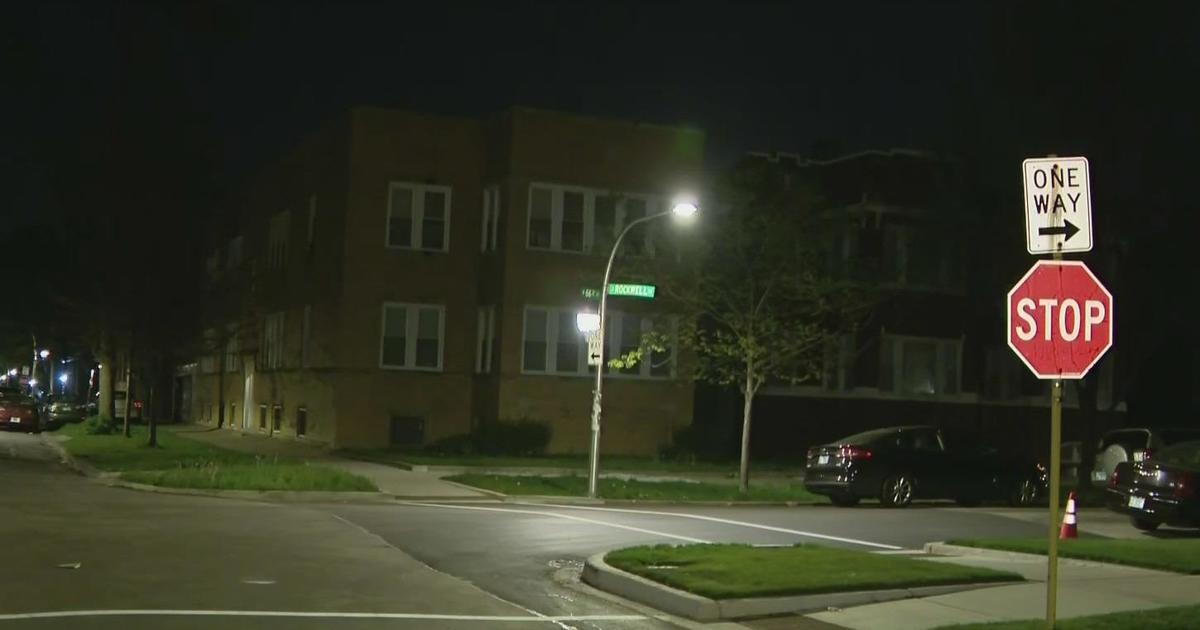Americans Are Keeping Up On Car Payments Despite Easy Credit

One of the major contributing factors to the Great Recession was the U.S. credit crunch. For years, banks had been loaning money to many people who probably shouldn't have been taking on additional debt. When the economy began tanking, a significant number of those consumers defaulted on their loans. As a result, banks became more cautious with their lending, which had a ripple effect on the entire country -- not least of all, the auto industry.
Five years down the line, the U.S. has begun to recover, and, not surprisingly, credit has become much easier to find. That's worried some folks (including us), but so far, Americans are keeping up with their financial obligations -- or at least their car notes.
Speaking to Peter Turek, the vice president of automotive financial services at TransUnion, the Detroit Free press reports that the percentage of Americans who are 60-days behind on their car notes is projected to reach 0.36% by the end of December. That's near the record low.
Why focus on those who are 60 days late? Because that's how TransUnion defines delinquency. Folks who fall behind 60 days or more on their loans are often unable to catch up and frequently default.
The delinquency rate, in turn, helps banks and analysts model economic forecasts. The fact that delinquencies are so low right now bodes well for the future.
What's particularly interesting here is that the delinquency rate is approaching a record low despite the increasing availability of credit. According to Turek, before the Great Recession, about 40% of auto loans were made to individuals with credit scores below 700. When everything hit the proverbial fan, the delinquency rate soared to 0.86%.
By 2009, credit had tightened, and only 28% of auto loans were made to consumers with credit scores below 700. That had a huge impact on car sales: Edmunds.com chief economist Lacey Plache says between 2008 and 2011, about 1.8 million people were denied auto loans due to stricter credit requirements.
Today, about 37% of auto loans are made to folks with credit scores below 700 -- near pre-recession figures -- and yet delinquencies remain very low. That would imply that (a) lenders are doing a better job of screening applicants, and (b) consumers are being more conscientious about paying back loans.
Have you taken out an auto loan recently? Was it an easy process, or something that both you and the lender labored over? Share your experiences and thoughts in the comments below.
_________________________________
This article originally appeared on The Car Connection.



